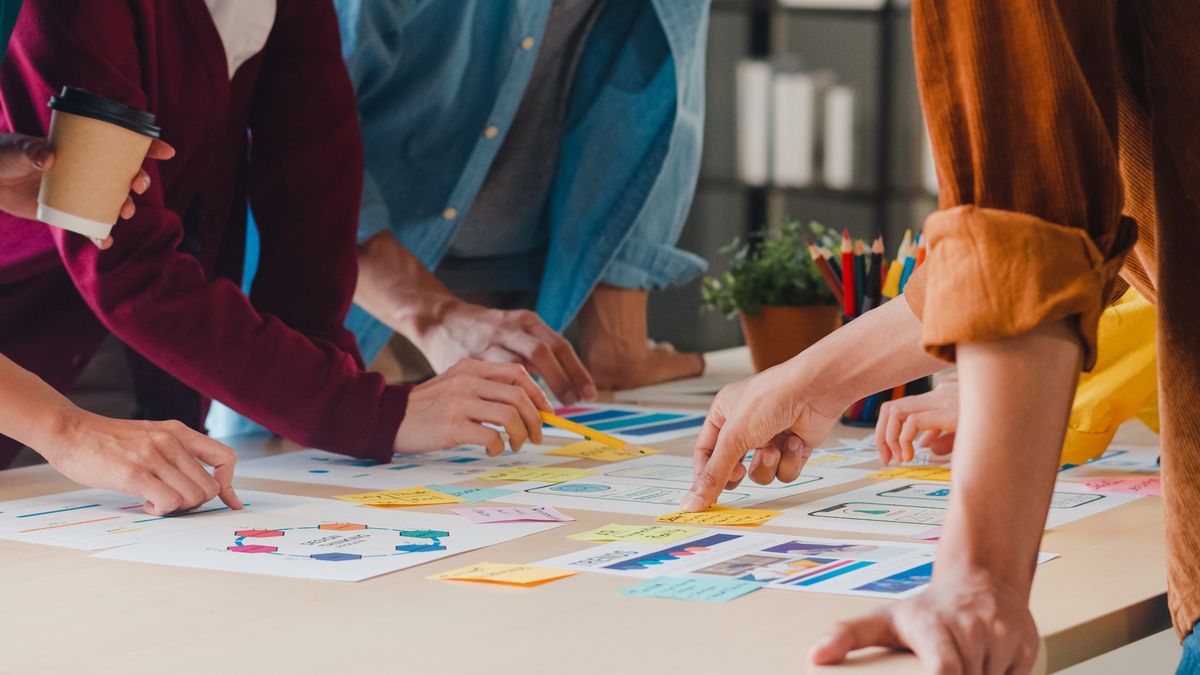The figure of the “ally” was the subject of controversy, receiving questions from those men who do not welcome their peers questioning complicity and silence in the face of sexist behavior.
When we talk about “gender” we usually think of women and diversities. Men are rarely seen as subjects of this agenda and, when they are, they are limited to conceiving them as perpetrators of violence. On this occasion, at Grow – Gender and Work we are interested in focusing on men as allies of the diversity, equity and inclusion agenda in the workplace.
The content you want to access is exclusive to subscribers.
Why Better Allies?
A few years ago, in the heat of Ni Una Menos, there was a lot of debate about the role of men in actions against sexist violence and in favor of equality. The figure of the “ally” was the subject of controversy, receiving questions from those men who do not welcome their peers questioning complicity and silence in the face of sexist behavior. But criticism also emerged from the women themselves, who pointed out the contradictions of those who, showing themselves to be allies in their social networks and demonstrations, reproduce violence in intimate spheres and interpersonal relationships.

Taking into account the above, we affirm that being an ally is not an identity or an occasional performance, but rather a practical, collective and daily exercise to accompany the agenda of diversity, equity and inclusion. It means that men can recognize themselves as subjects crossed by gender, by mandates and stereotypes of masculinity that impact them, their interpersonal and also work relationships. In short, to be better allies, it is necessary to work with men and for men to work on themselves.
In this key, at Grow – gender and work we promote the Men Working for Equality Program, in which we offer awareness-raising, training and training proposals with participatory, playful and reflective methodologies aimed at helping men identify mandates of masculinity and gender stereotypes, practices of violence and complicity, and the importance of consent and co-responsibility in care.
10 Ideas to put into practice and be a better ally
1. Eradicate violent behavior: review our own practices permanently and modify those that may constitute violence.
2. Consent: interact respectfully, maintaining consent in each of our relationships.
3. Cut complicity; Intervene with our peers to stop sexist discourses and practices.
4. Accompany women and diversities; understand that their inclusion does not mean a threat to men, but rather progress towards the elimination of exclusion.
5. Inclusive organizational climates; take care of transforming hostile work environments that exclude diversity of people, to promote spaces of well-being for everyone
6. Various equipment; Forming diverse teams, in addition to being a just cause, increases general well-being, productivity, and enriches the people who make them up.
7. Active listening; Populations underrepresented in work and leadership spaces often receive greater demands. Paying attention, recognizing, validating and returning to their contributions is good allied practice.
8. Co-responsibility; recognize the importance of getting involved as co-responsible caregivers and supporting the care agenda.
9. Inclusive leadership; promote the development of women and diversities in leadership roles.
10. Question privileges; reconcile ourselves with the discomfort of questioning our own privileges, with the aim of building more just and egalitarian societies.
From Grow – gender and work we invite you to take on these actions as a collective and daily challenge. Men can play a key role in promoting diversity, equity and inclusion, acting as agents of change in gender relations and work environments.
Masculinities area of Grow – gender and work
Source: Ambito
David William is a talented author who has made a name for himself in the world of writing. He is a professional author who writes on a wide range of topics, from general interest to opinion news. David is currently working as a writer at 24 hours worlds where he brings his unique perspective and in-depth research to his articles, making them both informative and engaging.




